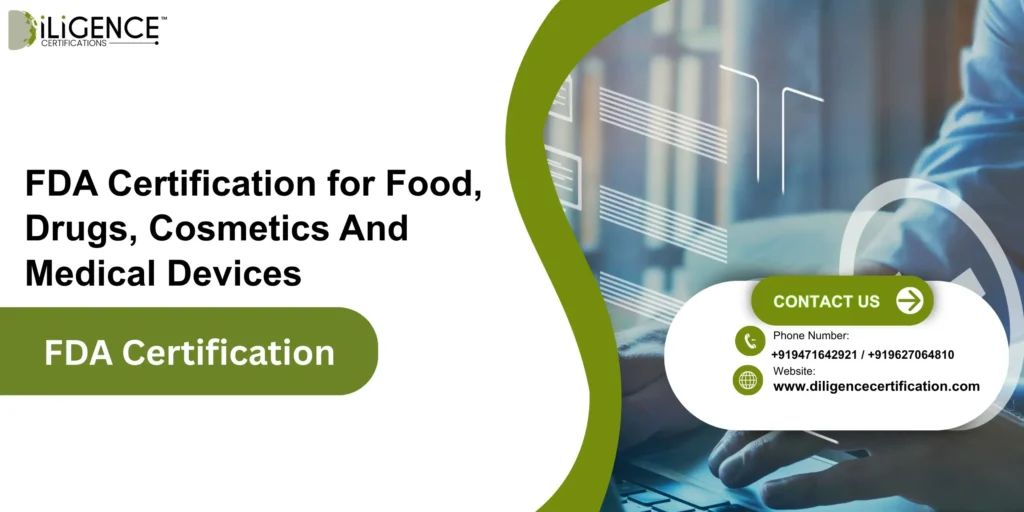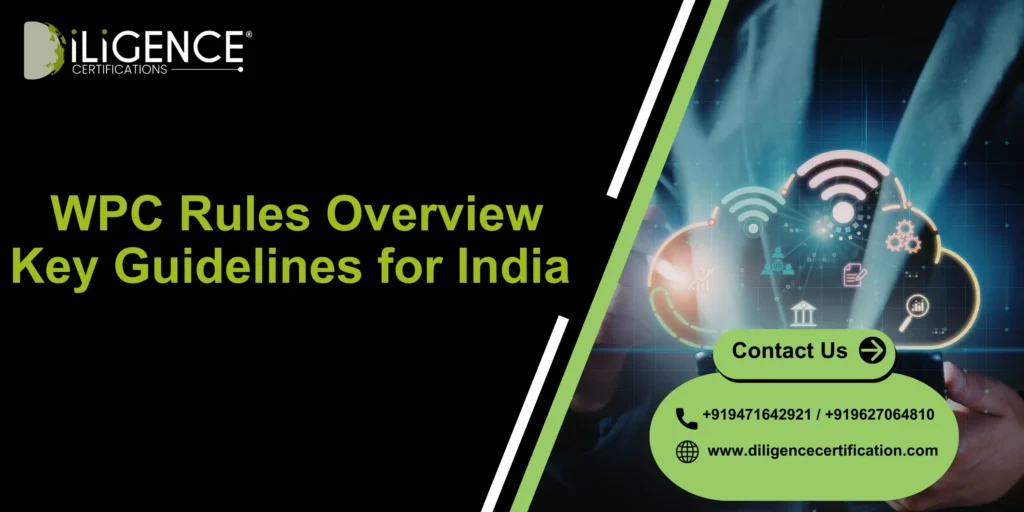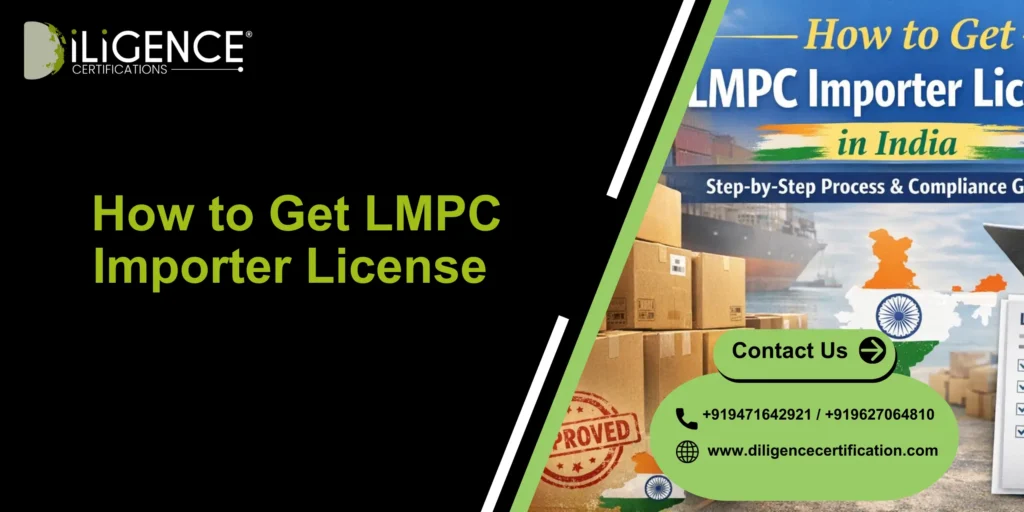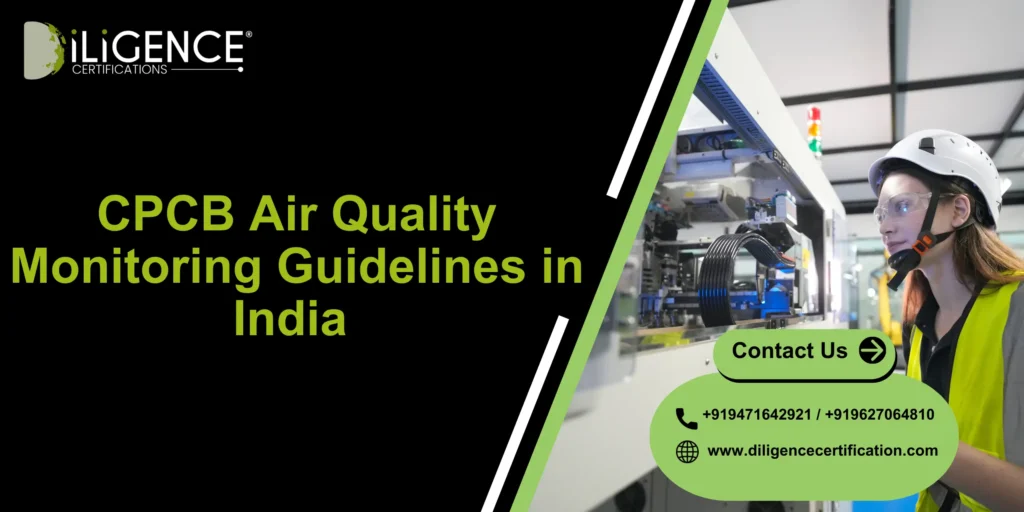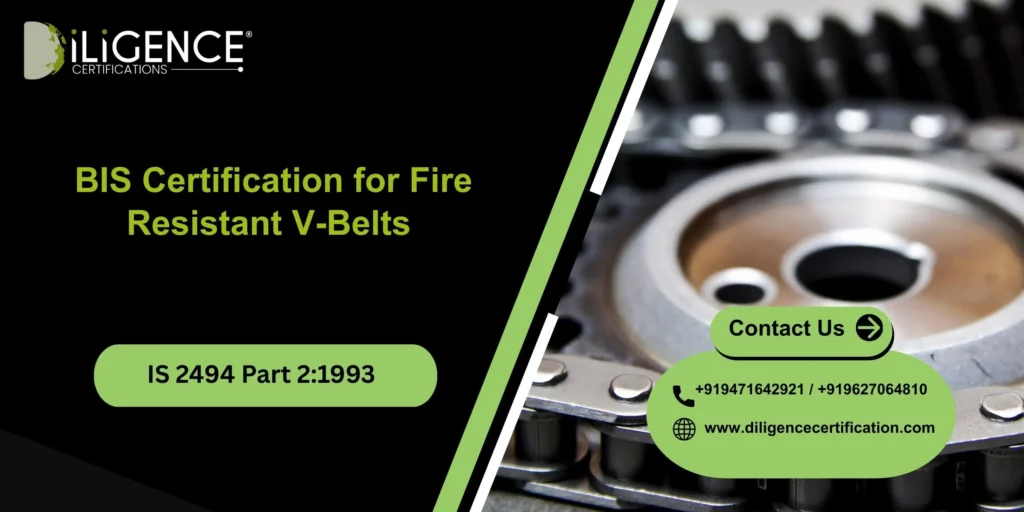- FDA Certifications: Companies that market food, drugs, cosmetics, or medical devices that will be imported into the United States must obtain FDA Certification. This certification indicates that the company conforms to the strict safety and quality standards of the Food and Drug Administration.
- The process of achieving FDA compliance generates a path of Good Manufacturing Practices (CGMP), which encompasses everything from the design of facilities and calibration of equipment to the integrity of the quality management system and employee training.
- In addition to providing entry into the lucrative U.S. market, obtaining FDA registration and complying with CGMP build consumer trust through transparent accountability regarding manufacturing safety and quality.
Introduction
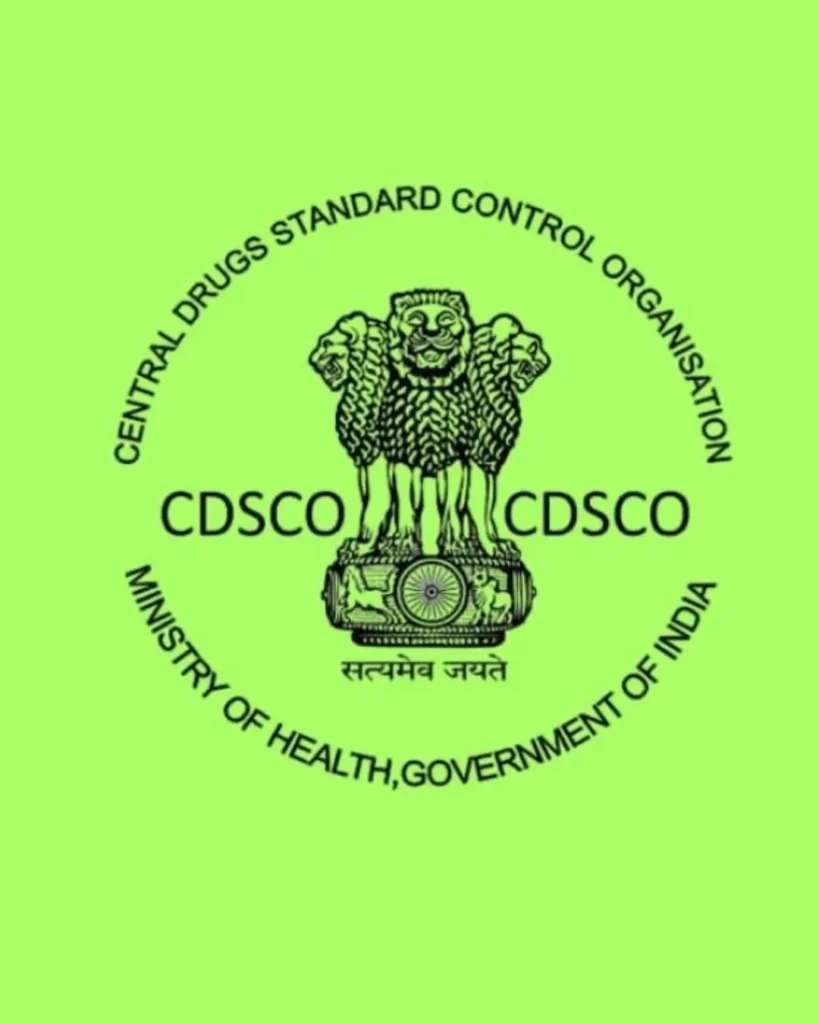
The Food and Drug Administration (FDA) was created by the Federal Food and Drug Act of 1906. The FDA is one of the oldest and most comprehensive consumer protection agencies in the U.S. The FDA works under the U.S. Department of Health and Human Services to protect the public health by ensuring the safety, quality, and effectiveness of certain types of products: food; prescription and non-prescription pharmaceuticals; biological, veterinary, and cosmetic products; tobacco; medical devices; and products that emit radiation.
In order to sell a product in the U.S., the FDA must certify the product which includes ascertaining compliance through an inspection process. If the FDA finds anything that creates a risk of noncompliance with Federal Food, Drug, and Cosmetic Act during the inspection process they issue FDA Form 483.
What is FDA Certification?

FDA Certification is a process whereby a company or manufacturer assures that their product – foods, drugs License, cosmetics License or medical devices – conforms with U.S. Food and Drug Administration (FDA).
There is a common misunderstanding surrounding FDA Certification; the FDA does not, in fact, technically “certify” companies. FDA inspects, registers, and approves products and manufacturing facilities that meet extensive safety, labeling, and manufacturing standards as dictated by U.S. law. In the simplest terms, FDA Certification is a statement of trust, a statement that a manufacturer is operating under internationally acceptable safety and hygienic practice.
Who Needs FDA Registration?
Food establishments which manufacture, process, pack or hold food for human consumption in the United States are required to register under the Public Health Security and Bioterrorism Preparedness Response Act. This means that everyone from a spice exporter in Kerala to packaged food manufacturers in Pune are required to register. Even facilities that export raw ingredients used in American food production fall under these requirements.
- Drug manufacturers – Whether they make prescription medicines, over-the-counter medications, or active pharmaceutical ingredients – must register their facilities and list their products. The FDA provides unique product identifiers to help track products through the supply chain called National Drug Codes (NDC).
- Medical device companies face tiered requirements based on device classification. A Class I device manufacturer in Bengaluru has different obligations than a Class III device producer, but registration remains mandatory regardless of risk classification.
- Cosmetic manufacturers operate in a slightly different space. While cosmetic facility registration is currently voluntary (though FDA is pushing for mandatory registration through recent legislation), any cosmetic making drug claims—like anti-aging or acne treatment—automatically becomes a drug requiring full FDA compliance.
Types of Products That Require FDA Certification
The certification process for the Food and Drug Administration (FDA) varies in the United States depending on the product. Not every product needs to obtain certification from the FDA, but the following types of products require or are subject to FDA regulations meant to ensure safety of products for consumers. Below is a description of the types of products that may require FDA certification.
1. Certification from the FDA for Food Products
Food products that are sold in a grocery store do not require certification from the FDA beforehand if being imported to the U.S. All food facilities, even in countries such as India, are required to register with the FDA before shipping to the U.S.
FDA officials will inspect international food manufacturing facilities regularly to establish compliance with Current Good Manufacturing Practices (CGMP) standards to establish safety for the consumer. Inspections are to ensure products continually meet the guidelines established for hygiene and labeling, as well as the standard of quality for products before being shipped to consumers in the U.S.
2. FDA Certification for Drugs
The FDA approves drug products, assuming they meet the conditions published in an Over-the-Counter (OTC) Monograph.
- OTC Drugs: If a drug meets the conditions of an authorized OTC monograph (i.e., has been found to be safe and effective under those conditions), the drug does not require approval from the FDA.
- New Drugs: If a drug does not meet the conditions of an existing OTC monograph, then that drug must be FDA approved through the New Drug Application (NDA) process.
3. FDA Certification for Cosmetics
Generally, cosmetics and their ingredients, except for color additives, are not required to undergo pre-marketing FDA approval in the United States. Cosmetic manufacturers never need to register with the agency; however, manufacturers must ensure their products are safe for consumers and in proper labeling.
When the cosmetic makes a drug or therapeutic claim (e.g., treating acne or repairing skin), it is classified as a drug and requires FDA approval.
4. FDA Certification for Color Additives
Color additives found in foods, drugs, cosmetics, and medical devices are subject to certification by the FDA. For some of the higher risk colors, FDA’s certification may even come in the form of batch certification. The FDA thoroughly reviewed and approved each color additive prior to its use and will restrict the use of any color additives that pose a risk of toxicity or potential harm to humans.
5. FDA Certification for Medical Devices
The FDA categorizes medical devices into three classes—Class I, Class II, and Class III—based on the risk when using the devices.
Class I Devices (Low Risk)
- Include things like bandages, face masks, and tongue depressors.
- Account for about 47% of all medical devices.
- Most Class I devices (about 95%) do not require premarket review, so these devices can be marketed without that FDA review and approval.
Class II Devices (Moderate Risk)
- Include devices such as motorized wheelchairs, pregnancy test kits, and wearable ECG devices (the ECG app on an Apple Watch does this).
- Account for about 43% of medical devices.
- Usually require premarket notification (510(k)), which is the manufacturer’s way to demonstrate their device is as safe and effective as another device that has already been approved.
Class III Devices (High Risk)
- Include pacemakers, breast implants, and artificial heart valves.
- Represent only 10% of all devices; however they are at the highest risk to patients.
- Must go through the Premarket Approval (PMA) process, and during this time it is the manufacturer’s job to present scientific evidence proving the device is safe and effective.
Why FDA Certification Matters for Indian Manufacturers?
India is among the leading suppliers of pharmaceuticals and processed foods globally. Nevertheless, the import market into the U.S. is still widely regulated. If an Indian company wants to sell or distribute their product to the U.S. consumer, they will need to comply with both FDA standards and CGMP regulations.
FDA registration allows access to the U.S. and EU markets.
- Consumer Confidence: FDA compliant labeling helps sustain consumer confidence in the brand.
- Legal Assurance: FDA registration protects against being detained, recalled, or fined when eventually inspected upon import into the United States
- Operational Efficiency: Implementation of CGMP helps to decrease contamination and improve variation of products.
- Investor confidence: Investors and Importers prefer FDA registered manufacturers
Understanding CGMP – Current Good Manufacturing Practices
CGMP establishes the basis for all FDA compliance—the Current Good Manufacturing Practices regulations enforced by the FDA. These regulations are a group of guidelines that specify the minimum standards for the methods, facilities, and controls used of drugs, medical devices, and food regulations.
Key Principles of Current Good Manufacturing Practices:
- Quality management system implementation
- Well-defined procedures and documentation
- Regular employee training and hygiene protocols
- Validation of manufacturing processes
- Equipment maintenance and calibration
- Accurate labeling and batch records
CGMP ensures that every batch produced is safe, pure, and effective—not just the sample tested during inspection.
Industries That Require FDA Certification
| Industry | Product Examples | Type of FDA Requirement |
| Food Industry | Packaged foods, beverages, dietary supplements | Facility registration, labeling compliance |
| Pharmaceuticals | OTC and prescription drugs | Drug registration, CGMP adherence |
| Medical Devices | Surgical instruments, diagnostic kits | Device registration and premarket approval |
| Cosmetics | Skin creams, hair dyes, perfumes | Labeling and ingredient disclosure |
| Tobacco Products | Cigarettes, vaping products | Manufacturer registration and ingredient listing |
Each sector has its own FDA regulation and submission pathway depending on risk, product category, and export destination.
Procedure for Obtaining FDA Certification
The Food and Drug Administration (FDA) has the power to inspect foreign facilities that produce food, drugs, or similar products for sale to the United States. Manufacturing facilities, including manufacturers in India, must comply with FDA regulations and Current Good Manufacturing Practices (CGMP) to prove that their products meet U.S. safety and quality standards.
There are several steps in the FDA certification process, which are described below:
1. FDA Inspection of Manufacturing Facilities
- FDA officials can visit foreign manufacturing plants and conduct inspections at the sites. The purpose of these inspections to determine if the facility meets regulatory standards, safe conditions, and produces leading CGMPs.
2. Issuance of Form 483
- After the inspection is complete the FDA issues Form 483 to the manufacturer. The purposes of this form is to determine factual observations of non-conformance, and unlawful conditions observed during the inspection process.
- In Form 483, the FDA informs the manufacturer what areas were non-compliant with regulatory requirements.
- Following observation, they accompany these findings with management in which the management can seek clarification of issues and future determinations.
3. Establishment inspection Report (EIR).
After the inspection is complete the FDA prepares an Establishment Inspection Report (EIR) to determine whether regulatory action is required based on their inspection.
4. Submission of Response to Form 483
The manufacturer is required to submit a commend, comprehensive response to Form 483 within 15 working days,
This response should include:
- An explanation for the deviations observed
- A corrective action plan to resolve the issues
- Steps to prevent recurrence of non-compliance
5. Issuance of a Warning Letter (if needed)
If the FDA finds the response to Form 483 unsatisfactory, a warning letter may be issued.
- The manufacturer has 15 working days to respond to a warning letter with an adequate plan of action.
- In the event that the warning is not resolved, the manufacturer may face either a suspension or revocation of their license, product not being approved or the issuance of an import alert that prohibits product entry into the United States.
6. Final FDA Approval
Once the FDA is satisfied with the facility’s compliance and the corrective actions, the approval for product import or marketing is granted.
Documents Required for FDA Certification
| Category | Required Documents |
| Company Profile | Certificate of Incorporation, PAN, Address Proof |
| Manufacturing Details | Site Master File, Layout, Equipment List |
| Product Data | Formulations, Label, Packaging Material Details |
| Quality Systems | SOPs, Validation Protocols, Stability Data |
| Regulatory | CGMP Certificate, ISO 9001 or ISO 13485 (if applicable) |
Proper documentation demonstrates transparency and reduces the chance of FDA observations during inspection.
Timeline for FDA Certification
The timeline varies for each product category and compliance status:
- Food & Cosmetics: 30–45 business days
- Drugs & Medical Devices: 60–90 business days
- Complex Products (Biologics, Vaccines): 120–180 business days
Diligence Certifications is able to project manage the process, providing assured delivery on time for registration or approval.
FDA Certification Cost
| Product/Service Type | Description / Cost Range |
| Food Facility Registration | Registration fee for food manufacturing facilities exporting to the U.S. |
| Drug/Device Registration | Registration for pharmaceuticals and medical devices, including necessary documentation and review. |
| Comprehensive Compliance Package | Full package including adherence to Current Good Manufacturing Practices (CGMP), inspections, and corrective actions. |
Renewal of FDA Certification
FDA registrations usually are due for renewal every 2 years, or when a change of ownership or location has an effect. One way to ensure continuing compliance is through a combination of regular internal audits, recordkeeping, and CGMP revalidation of product lines.
FDA Certification Benefits
- Manufacturers, exporters and consumers can reap many benefits from particularly when it comes to assuring safety, quality, and trust.
- Safety and Quality Guaranteed – Products manufactured and exported in accordance with CGMP reduce risks and hazards associated with defects or unsafe products.
- Consumer Trust – Products certified with the FDA are generally regarded as safe, producing more confidence in the buyer.
- Access to U.S. Market – FDA compliance permits the legal exportation and distribution of products in one of the largest consumer markets in the world
- Reduced Legal Risks – Exporters who assure compliance will decrease the chance of recalls, fines, and penalties against product, business, and brand.
- Reduces Legal Risks – Compliance lowers the chance of recalls, fines, and penalties, protecting brand reputation.
- Enhances Global Credibility – Internationally recognized, FDA certification boosts marketability in other countries.
- Promotes Best Practices – Encourages efficient manufacturing, testing, and documentation standards.
- Supports Innovation – Scientific review and clinical validation foster the development of safe and effective products.
- Protects Public Health – Prevents unsafe, substandard, or counterfeit products from reaching consumers.
How Diligence Certifications Helps You Get FDA Certified
At Diligence Certifications, we specialize in guiding Indian manufacturers through the complex FDA registration and CGMP compliance process.
Our Expertise Includes:
- FDA Facility & Product Registration
- CGMP Documentation Setup
- Audit Preparation & Inspection Support
- U.S. Agent Representation
- Label Review & Regulatory Compliance
We work across diverse sectors — from nutraceuticals and APIs to medical devices and cosmetics — ensuring full regulatory readiness.
Conclusion
Obtaining the FDA Certification is not just a regulatory formality; it is a facilitator of business opportunities. For Indian makers aiming for an international market expansion, these show safety, reliability, and global acceptance. No matter the product—food, pharmaceuticals, or medical devices—matching your systems and process to CGMP and FDA requirements sets your brand next to globally recognized leaders.
At Diligence Certifications we will bridge the gap between local manufacturing and international acceptance; we give you compliance, credibility and confidence.
Frequently Asked Questions
What is FDA Certification?
FDA Certification confirms that certain products, like medicines, medical devices, and color additives, meet the safety, quality, and efficacy standards set by the United States.
Do all products require FDA Certification?
No. Food products generally only require the registration of a facility, while new drugs and high-risk medical devices will typically need full approval from the FDA.
Who requires FDA Certification?
Manufacturers and exporters of FDA-regulated products wanting to be sold in the United States, such as medicines, medical devices, cosmetics, and color additives.
How does FDA inspection occur?
FDA officials inspect manufacturers to check for compliance with CGMP and issue Form 483 if deviations are found. Manufacturers will then respond with a plan of corrective actions.
What is Form 483?
Form 483 is a list of regulatory deviations found during an inspection. A timely and comprehensive response is required in order to maintain the certification.
Can FDA issue a warning letter without Form 483?
Yes, the FDA can and will issue a warning letter if the regulatory deviation(s) impact consumer health and safety. If manufacturers do not act, they can potentially risk suspension of the license to manufacture or import.
How long does it take to achieve FDA Certification?
The length of time depends on the complexity and different variations based on the type of product. Facility registrations typically take weeks, while approval for a drug or a new high-risk medical device can take months to years.
What costs should be expected for FDA Certification?
Costs will vary based on product type and facility size, and can be composed of registration fees, compliance packages, and agent/consultant fees.
Can foreign companies obtain FDA Certification?
Yes. International manufacturers exporting to the U.S. must comply with regulations laid out by the FDA and are subject to be inspected on-site.
What are the benefits of FDA Certification?
FDA certification provides safe products, increases trust with consumers, provides access to the US market, increased credibility internationally, promotes industry best practices and protects public health.






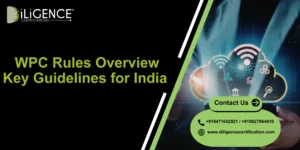
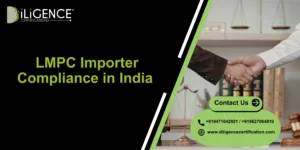
 BIS Certification
BIS Certification
 CDSCO
CDSCO
 CPCB
CPCB
 LMPC
LMPC
 WPC Approval
WPC Approval
 Global Approvals
Global Approvals
 TEC
TEC
 ARAI
ARAI
 BEE
BEE
 ISO Certification
ISO Certification
 Drone Registration
Drone Registration
 NOC For Steel
NOC For Steel



















 Business Registration
Business Registration















 Legal Services
Legal Services
 Trademark Registration
Trademark Registration
 Copyright Registration
Copyright Registration
 Patent Registration
Patent Registration
